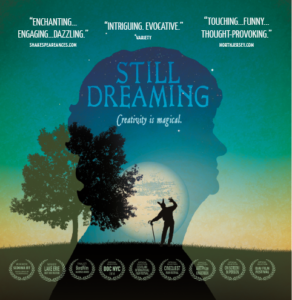Full Disclosure
I adore Shakespeare’s Romeo and Juliet. Like so many others, I first read it as a high school freshman. It was my first exposure to Shakespeare (the first I remember, anyway) and reading it, unbeknownst to me at the time, would set me on my professional journey.
I think I liked Shakespeare back then because that’s what I was supposed to like. It was as though I earned smart, artsy girl street cred by being a Shakespeare fan. The words were so pretty, and I didn’t find them nearly as difficult as I was led to believe I would, so I felt pretty good about myself.
As time and my Shakespearean education went on, I grew to appreciate the plays for what they are instead of how they make me look. I’m no longer a blind-faith fangirl. With the help of some excellent professors and performance opportunities, I have learned to value the text* for what it says about the characters, their motivations, their world, their lives.
(more…)
 So, today is the 400th anniversary of William Shakespeare’s death, and we’re celebrating (is it weird to be celebrating a death?) by promoting the DVD, Video On Demand, and educational kit release of Philomath Films’ Still Dreaming.
So, today is the 400th anniversary of William Shakespeare’s death, and we’re celebrating (is it weird to be celebrating a death?) by promoting the DVD, Video On Demand, and educational kit release of Philomath Films’ Still Dreaming.